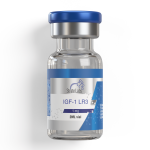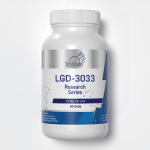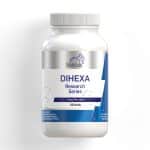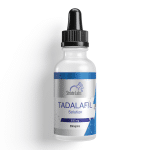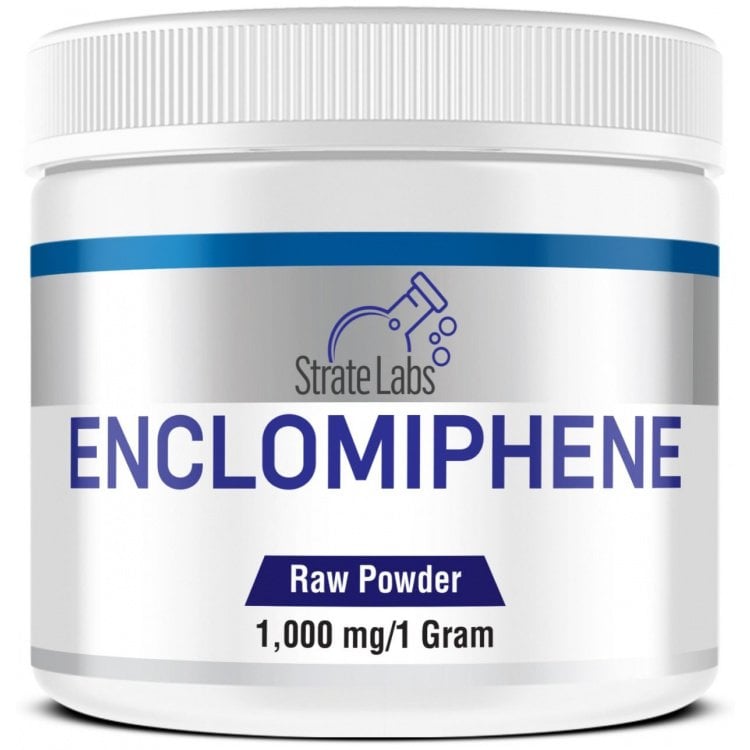How Does Clomid React With Alcohol?

Welcome to the topic “How Does Clomid React With Alcohol?” ?
Clomid, also referred to as Clomiphene, is a drug that is available only with a doctor’s prescription and is used to increase a woman’s fertility. The drug is beneficial for both men and women. Clomid is effective because it prompts the release of eggs in female patients while also encouraging the production of sperm in male patients.
Clomid belongs to a larger category of medications known as selective estrogen receptor modulators, or SERMs for short. SERMs work when taken by women with polycystic ovarian syndrome. In order for these molecules to effectively bind on the outside of these cells, their mechanism of action must either increase or decrease estrogen effects.
Effects Of Clomid
Clomid has been utilized for many years to foster increased sperm production. The majority of the positive feedback the medication has received in regard to increased sperm production is merely anecdotal. Even more concerning is the correlation between prolonged use of Clomid by men and the development of tumors in the testicles as well as an increase in breast size. In addition, there are allegations that certain athletes improve their performance with the help of the drug Clomid. Therefore, it is essential that you discuss the possibility of using the medication with your doctors before attempting to treat your fertility issues with it.
The majority of the positive feedback regarding Clomid comes from female patients. It is believed that taking this medication can improve a woman’s fertility and increase the likelihood that she will have more than one child. Some anecdotal reports suggest taking the medication can increase your chances of conceiving twins by approximately 10 percent. To begin, pregnant women considering using Clomid should avoid doing so at all costs. It poses a risk to the developing baby and even has the potential to cause an abortion or birth defect. The drug may also reduce the rate at which breast milk is produced, or it may be absorbed by the breast milk and cause additional harm to the infants who are breastfeeding. Before beginning a course of Clomid, it is recommended that you have a conversation with your primary care physician, as is customary in the case of men.
Who Should Not Take it?
Individuals who:
- Are allergic to the use of Clomid or any of the ingredients that go into the production of Clomiphene.
- Suffer from liver disease; have cysts in their ovaries other than those related to PCOS; have suffered a blow to the head; are pregnant or breastfeeding; have a tumor in their pituitary glands; have an adrenalin-gland disorder; have a tumor in their pituitary glands; are pregnant or breastfeeding; have suffered a blow to the head.

How Clomid Reacts With Alcohol
Combining Clomid with alcohol may result in some of the most severe side effects ever seen. Because of this, medical professionals strongly advise against drinking alcohol while taking a Clomid prescription. Some of the potential ways in which alcohol can interact with Clomid are outlined in the following paragraphs.
Alcohol is a depressant, as this is one of the most important things to keep in mind. As a result, it has an immediate effect on our brain. As you are probably already aware, the human brain is responsible for controlling all of the body’s functions. Consuming just one pint of alcohol is sufficient to impair the functions of the brain. As a consequence of this, the brain will react in a manner that is less effective. It’s possible that taking the drug won’t help regulate estrogen levels like it’s supposed to; instead, it might throw your body’s estrogen levels out of whack. As a direct consequence, there won’t be any appreciable changes to how your fertility works.
Clomid Side Effects and Alcohol
One more reason why you shouldn’t drink while taking Clomid is that alcohol makes the negative effects of the medication even more pronounced. It is essential to keep in mind that alcohol and Clomid both cause side effects that are very similar to one another, including nausea, vomiting, and dizziness. Even though these might not seem like serious conditions, the following are some of the more serious side effects of Clomid that could be made worse by alcohol consumption:
- Vision difficulties such as seeing floaters, experiencing blind patches, and hazy vision.
- Flushes of heat.
- Insomnia, followed by difficulty concentrating and paying attention, and overall tiredness.
- sensitivity of the breasts
- Headaches that come and go but never really go away. Frequently, a dazzling scotoma will come before one of these.
- Ovarian inflammations are accompanied by continuous pain in the pelvic region.
- Nervousness.
- Bleeding occurs in the uterus for reasons that are not related to a woman’s menstrual cycle.
- Multiple pregnancies
- Having an ectopic pregnancy means that the fetal development is taking place in a location other than the uterus.
- Miscarriages.
- Risks of acquiring ovarian cancer are raised.
- The probability of having a child with a birth abnormality such as spina bifida, cardiovascular problems, or cleft palate is increased.
Alcohol and Clomid Metabolization
Thirdly, drinking alcohol while taking Clomid slows the liver’s metabolism and absorption of the medicine into the bloodstream. This is because the liver has to work harder to process the drug. When you drink alcohol, particularly if you are a frequent or heavy drinker, your liver will have to create more enzymes to break down the alcohol you have consumed. The body secretes large quantities of these enzymes due to the difficulty of eliminating alcohol. However, once formed, they not only speed up the breakdown of alcohol but also medicines like Clomid. Because of this, the enzymes themselves will render a significant portion of the medicine ineffective.
Last but not least, drinking causes damage to the liver, which is a serious problem. Excessive alcohol and drug use most certainly causes liver damage. It should be no surprise that a body with a damaged liver will be less effective at executing practically all important physiological processes. Enzyme secretion is one of the most common functions of the liver.
When you take Clomid after heavy drinking, a significant portion may not metabolize. You may not feel any negative effects from taking the medication, but it won’t achieve its intended purpose.
Conclusion
Our exhaustive guide on interactions between Clomid and alcohol is no longer valid. The evidence supporting the effectiveness of the medicine is largely anecdotal rather than empirical.
And secondly, because the drug has an unpleasant interaction with alcohol, it is vital that you always check your physician before beginning a prescription for Clomid. This is because the drug has an interaction with alcohol.
Have any questions regarding the topic “How Does Clomid React With Alcohol?“? Feel free to comment below.
